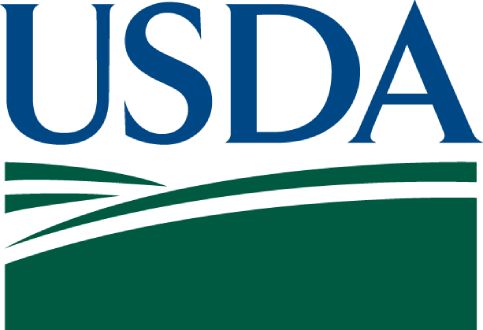Enriching children's overall diet quality by encouraging more healthful eating habits is a nationwide priority. The federally funded Fresh Fruit and Vegetable Program (FFVP) provides free fresh fruits and vegetables to students in participating elementary schools during the school day. A new initiative allowed high-need, low-income elementary schools to offer canned, frozen, or dried fruits and vegetables (CFD) to promote greater flexibility in implementing the program for the 2014-15 school year.
Enriching children's overall diet quality by encouraging more healthful eating habits is a nationwide priority. The federally funded Fresh Fruit and Vegetable Program (FFVP) provides free fresh fruits and vegetables to students in participating elementary schools during the school day. A new initiative allowed high-need, low-income elementary schools to offer canned, frozen, or dried fruits and vegetables (CFD) to promote greater flexibility in implementing the program for the 2014-15 school year.
Mathematica is evaluating the implementation and impacts of the pilot program using a combination of on-site observations, surveys, semi-structured qualitative interviews, and a school menu analysis to examine site-level implementation and acceptance. The study team is also analyzing the impact of the program on students’ fruit and vegetable consumption, school-level participation, and the amount of fruits and vegetables left on the plate and not consumed.
Fifty-eight schools across four states (Alaska, Delaware, Kansas, and Maine) participated in the pilot and in the evaluation study. Within these schools, the standard FFVP program was implemented in the fall and the FFVP-CFD pilot was implemented in the spring. Data collected from a range of sources, including state and district staff, food service managers, principals, teachers, students, and parents, will inform program implementation and adjustments going forward.






